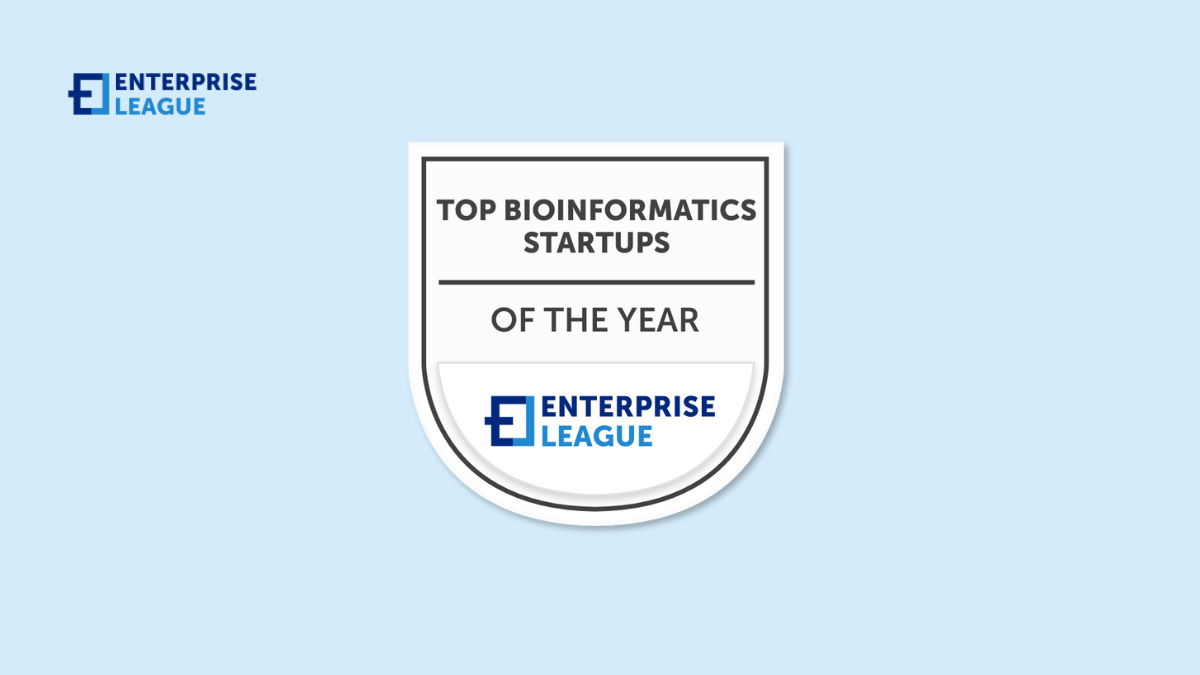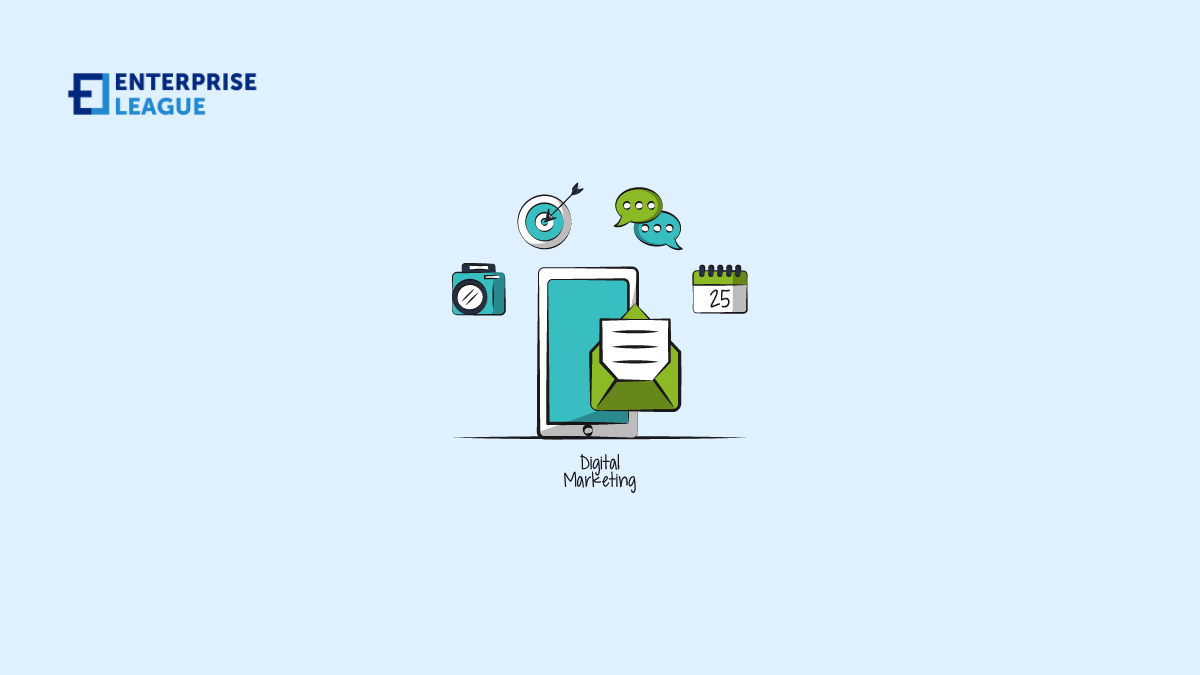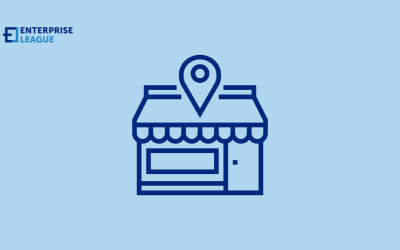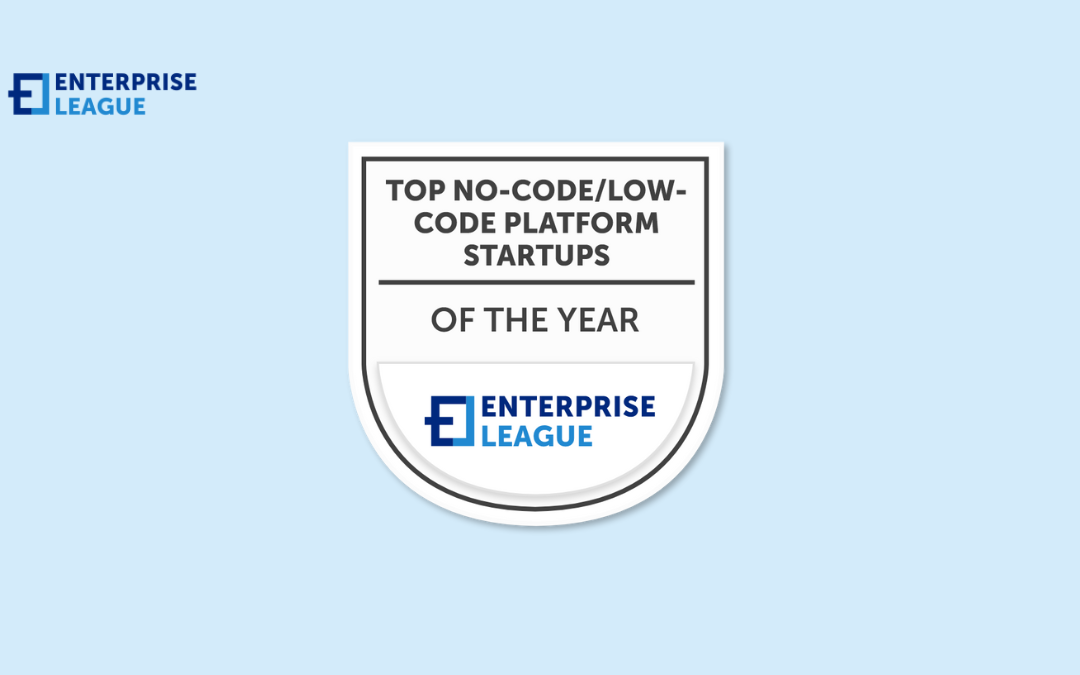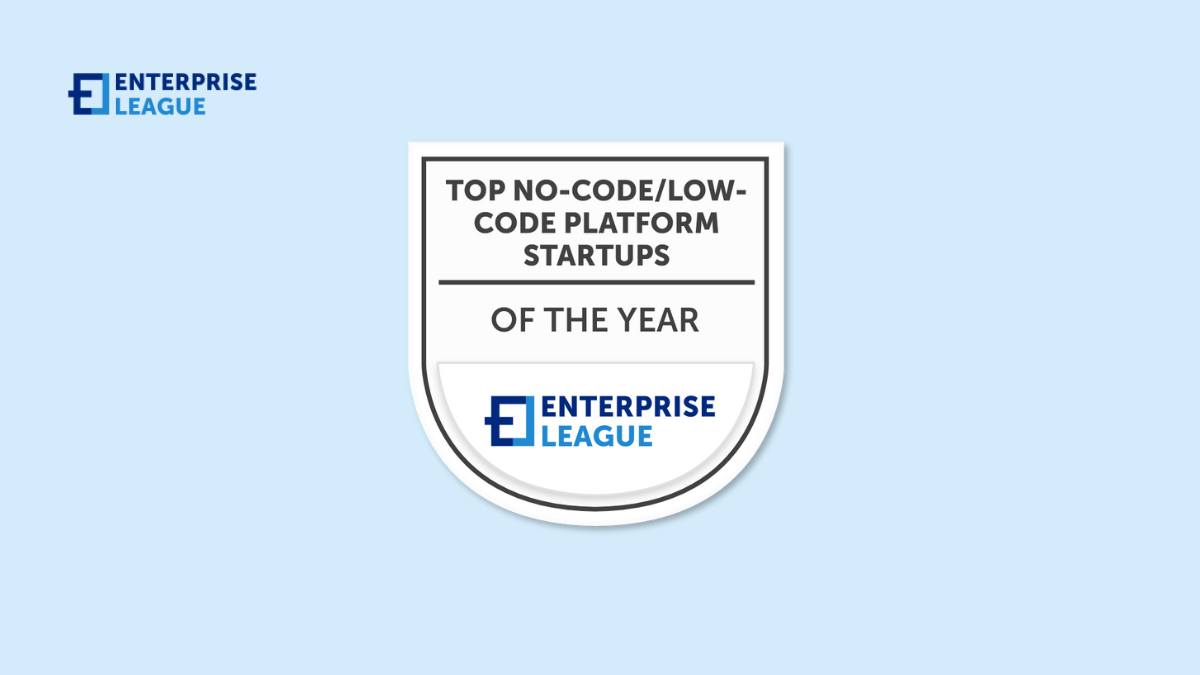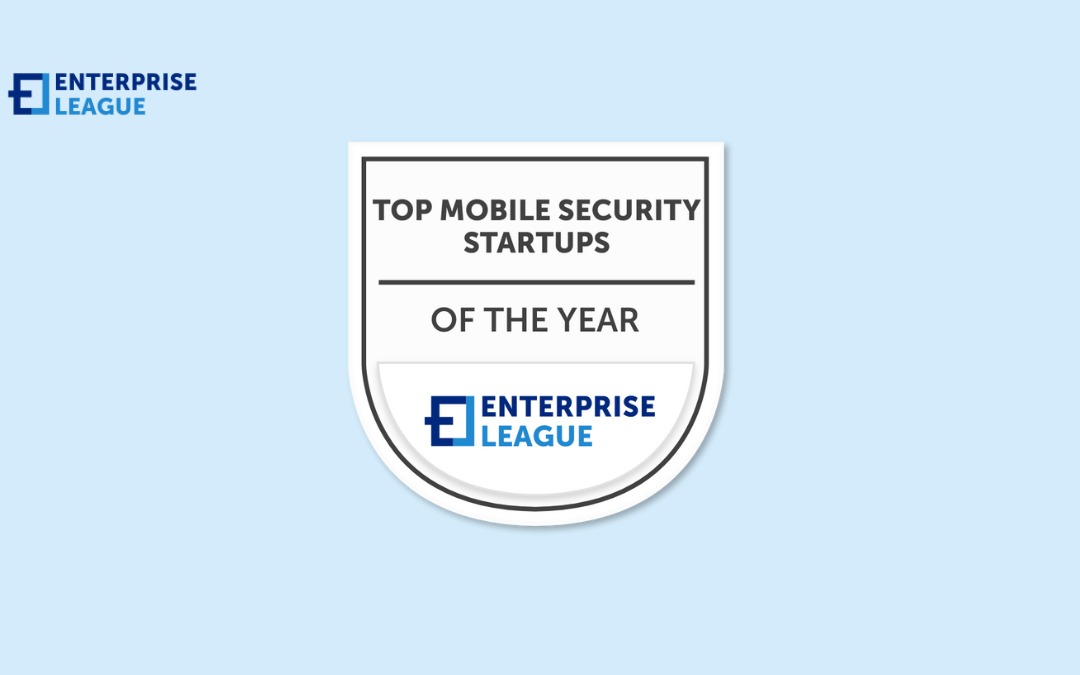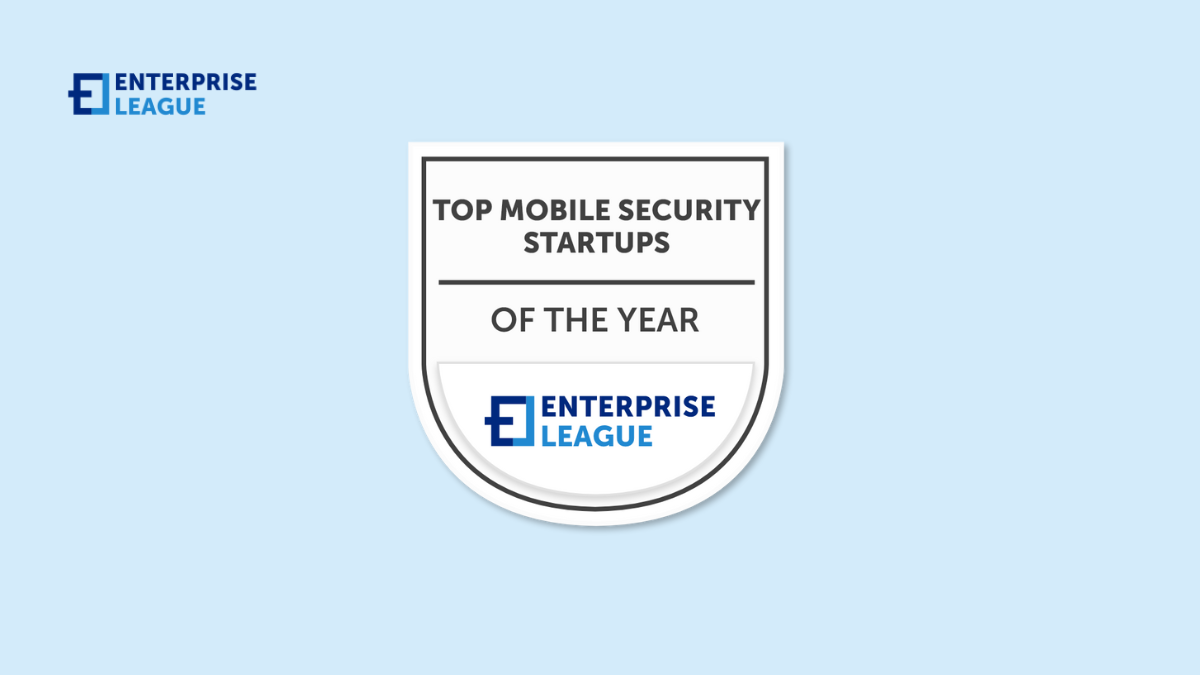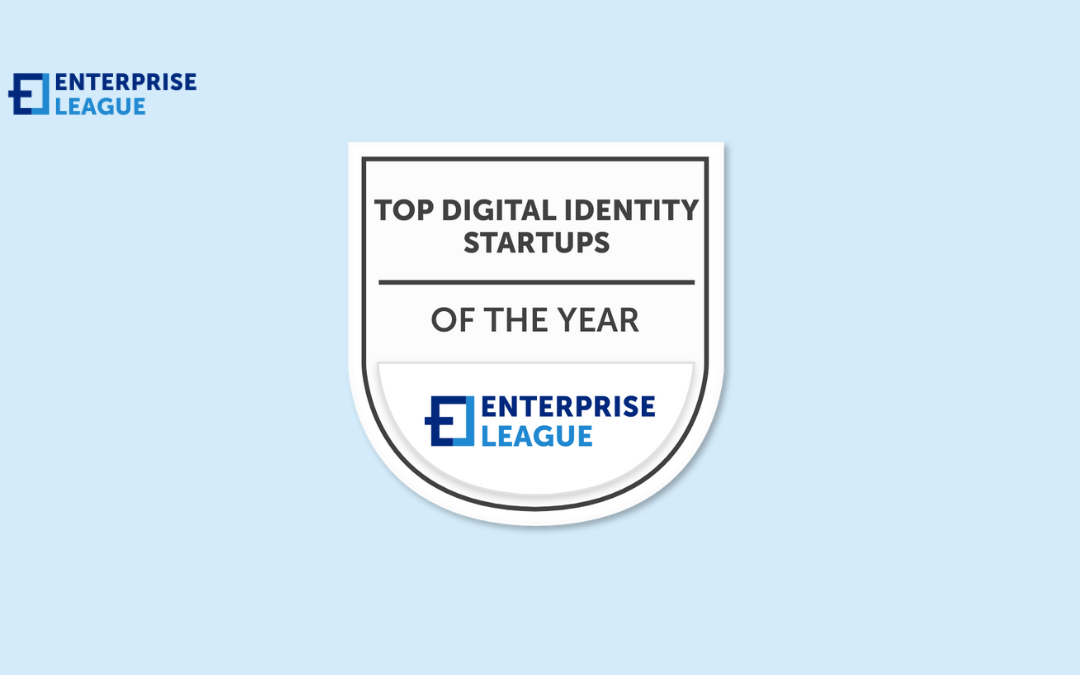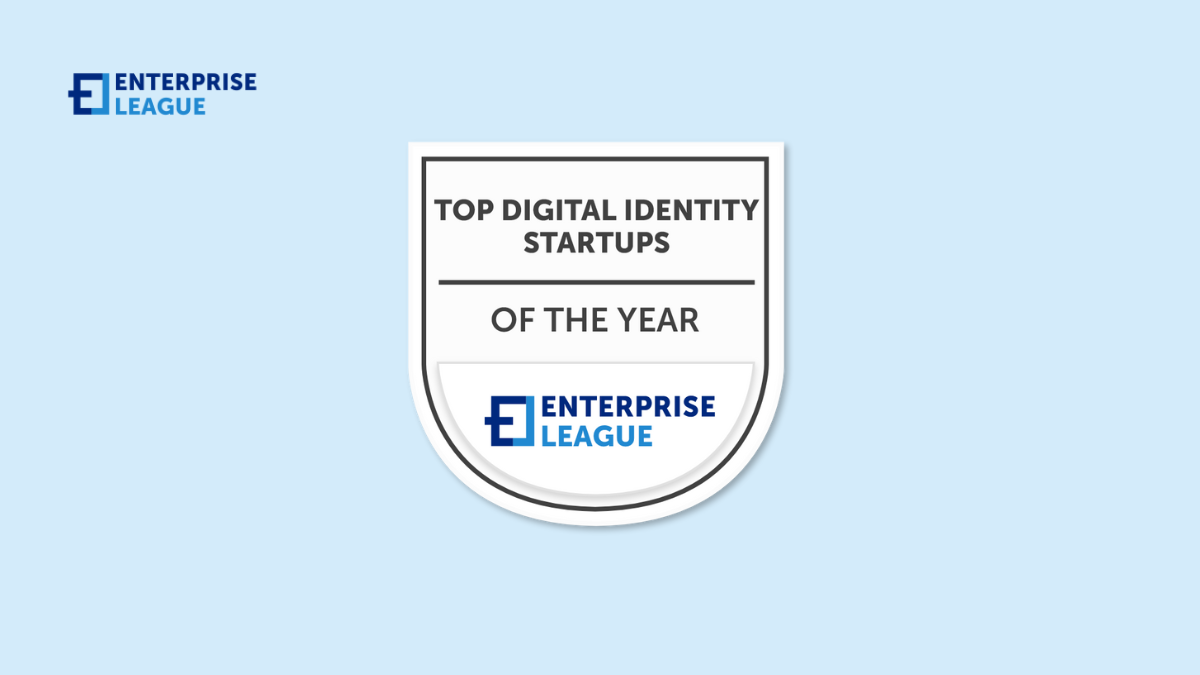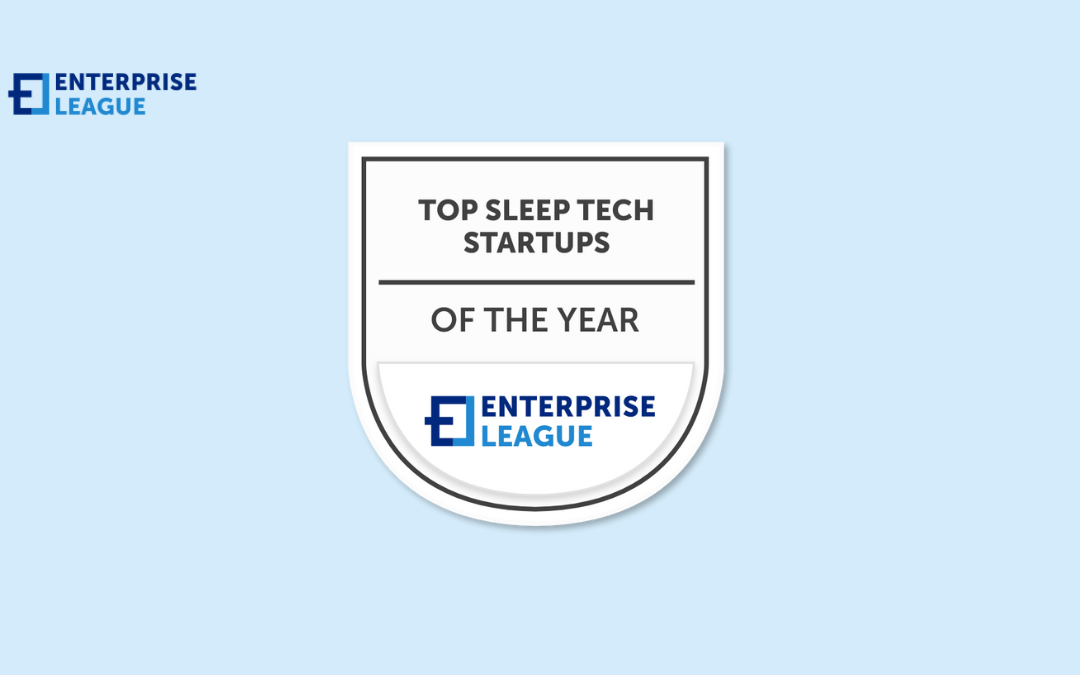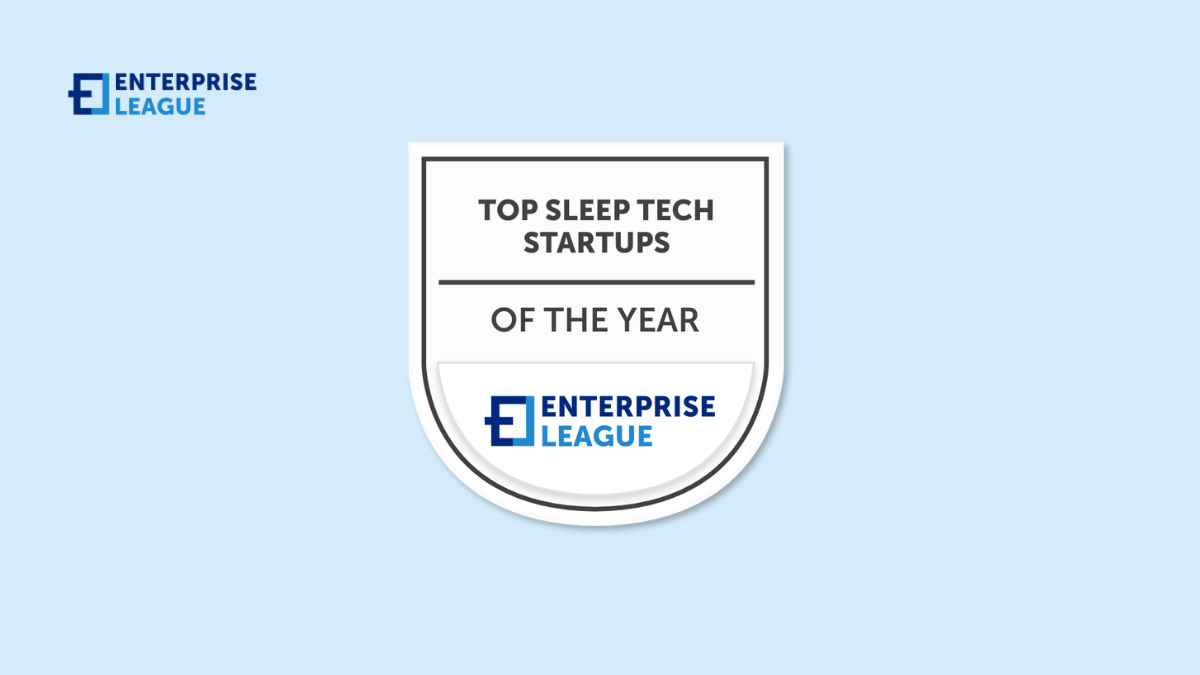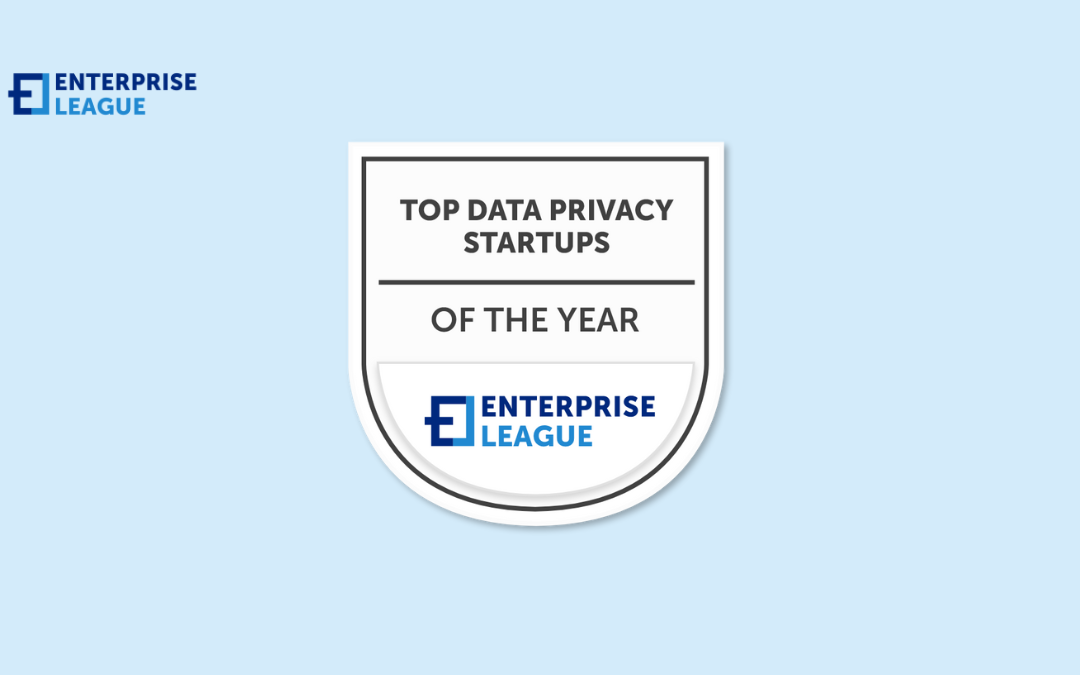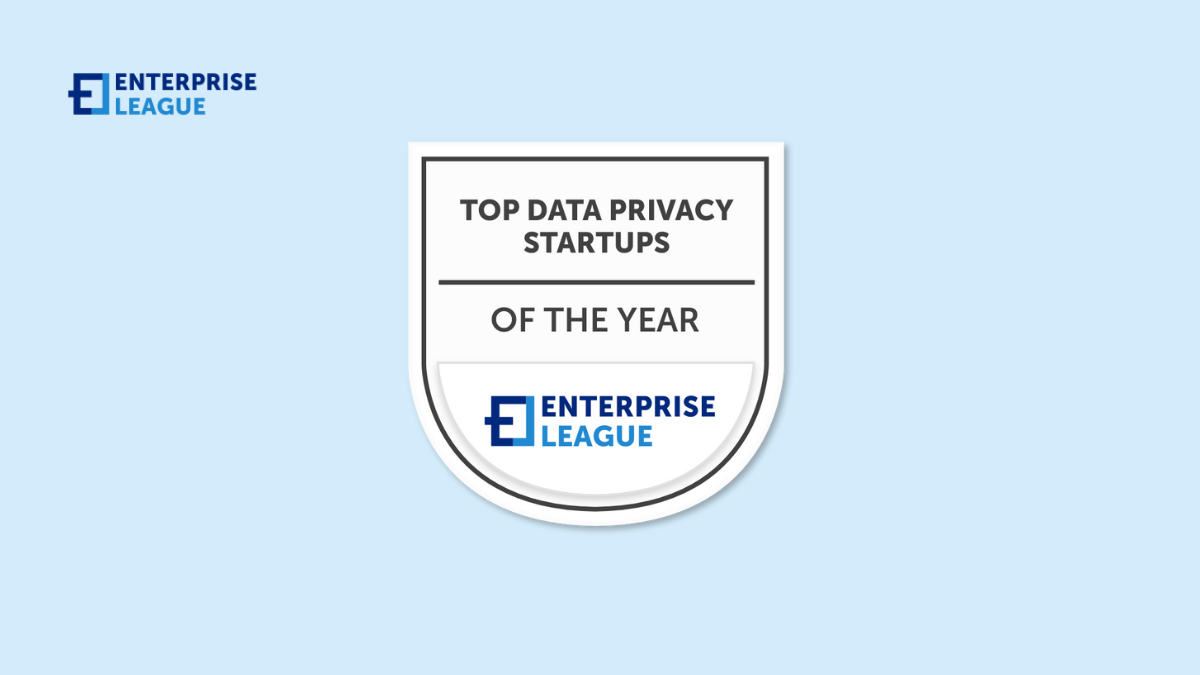Discover how to increase your visibility, credibility, and business reputation online. Learn which digital marketing tips to use in order to grow your business.
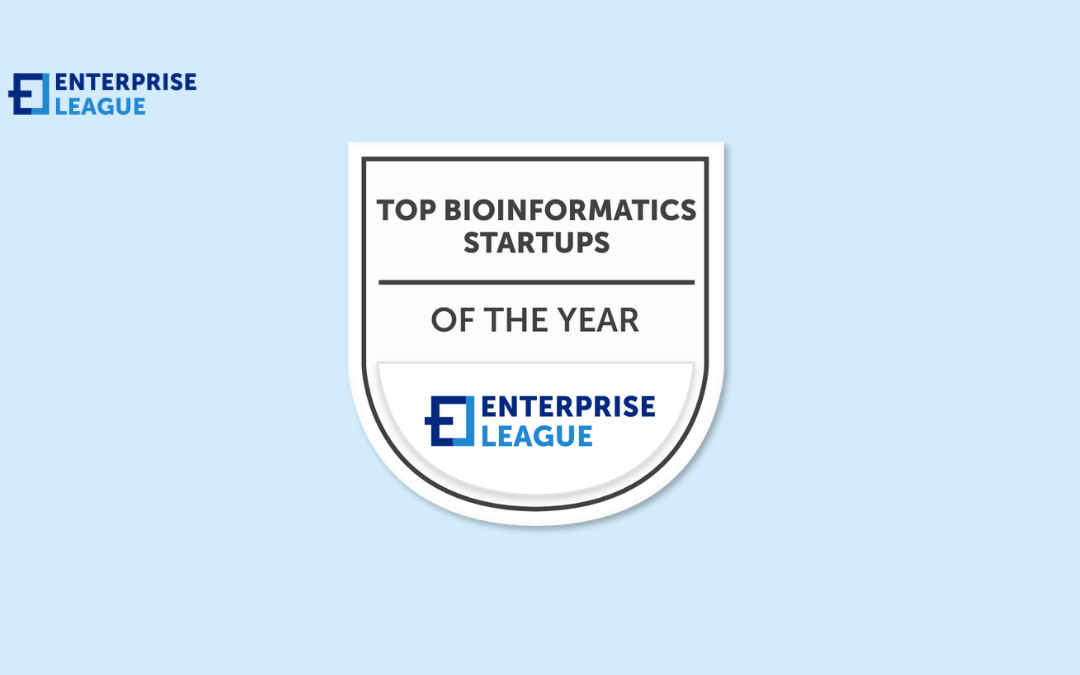
15 innovative bioinformatics startups transforming research (2025)
Scientists generate massive amounts of biological data every day, but making sense of it all is another story. That’s where bioinformatics startups really step up. With a market size predicted to reach USD 94.76 billion by 2032, bioinformatics startups are definitely having a bright future ahead.
These companies use smart technology to turn complex lab data into medical breakthroughs. While traditional research moves step by step, bioinformatics startups speed things up by finding patterns in huge datasets.
What are bioinformatics startups?
Imagine having to sort through millions of pieces of genetic information to find one important pattern. That’s what bioinformatics startups do every day. These companies build specialized software and AI tools that help scientists understand complex biological data. Unlike traditional research labs, they focus on creating better ways to analyze and use scientific information.
Their work ranges from designing new medicines to spotting disease patterns in patient data. The tools they create help turn raw biological data into useful medical insights.
Top bioinformatics startups
Complete list of the most trending bioinformatics startups that are worth knowing:
NeuroAge Therapeutics
Founded in 2022, NeuroAge Therapeutics is a startup working on new kinds of drugs to treat age-related brain diseases like dementia. Unlike other pharmaceutical companies targeting amyloid plaques in the brain, NeuroAge aims to treat the underlying cause of cognitive decline, the aging process itself.
As we get older, changes happen in our brains that can lead to memory loss, confusion, and personality changes. NeuroAge wants to reverse these brain aging processes at their biological roots. They are developing personalized drugs tailored to each person’s brain health needs.
Flywheel
Founded in 2015, Flywheel provides technology to help manage and analyze medical images and data. Their goal is to enable healthcare professionals to make the most precise, impactful decisions by using AI tools they can trust.
Medical images like CT scans, MRIs, and ultrasounds are critical for diagnosis and treatment. However, the data is complex and costly to store and access. Flywheel develops specialized cloud platforms to consolidate images from across hospitals and workflows.
myNEO Therapeutics
Founded in 2018, myNEO Therapeutics is a biotech company in Belgium that is working on new personalized immunotherapies to treat cancer. Immunotherapy is a type of treatment that uses the patient’s own immune system to fight disease.
What makes myNEO unique is their use of something called a “digital genetic twin” for each patient’s tumor. This means they grow an artificial version of the tumor on a computer by analyzing its genes and mutations.
Genoox
Founded in 2014, Genoox created a cloud platform that makes it easier for doctors and scientists to understand and use genetic data from patients to improve health outcomes. By gathering massive genetic data sets into one secure place, Genoox allows medical experts to spot important patterns faster.
For example, a cancer patient’s unique genetic makeup might determine which treatments work best for them personally. Without genetic insights, doctors might rely on trial and error. But by analyzing the patient’s DNA on the Genoox platform, physicians can match specific drugs to genetic profiles with more success.
SphereBio
Founded in 2023, SphereBio is a biotech company at the forefront of cancer research, developing a new kind of immunotherapy platform that can better target and fight cancer cells in the body. Immunotherapy is a treatment approach that uses the power of a person’s own immune system to identify and attack cancer. SphereBio’s technology aims to create personalized immunotherapies customized to the genetic makeup of an individual’s specific cancer.
By tailoring the treatment to match each unique tumor’s molecular profile, SphereBio’s method can potentially activate and guide immune cells to eliminate someone’s cancer more precisely than existing options. This is critical because every cancer differs in the proteins and antigens expressed on malignant cells.
Mirscience Therapeutics
Founded in 2019, Mirscience Therapeutics is a biotechnology company focused on developing new treatments for muscle and metabolic diseases. Specifically, they are creating therapeutic molecules that target microRNAs (miRNAs).
miRNAs are small molecules that help regulate gene expression within cells. Though miRNAs play important roles, they have been historically difficult to target with drugs. The Mirscience team aims to change this by engineering oligonucleotide compounds that can influence miRNA activity.
Arima Genomics
Founded in 2015, Arima Genomics is a company focused on advanced DNA sequencing and analysis that allows new insights into how the 3D structure of DNA regulates genes within cells over time.
To understand their work, we first need some background on DNA structure basics. The double helix shape that DNA molecules take is not static since DNA can twist, fold, and loop into complex spatial conformations. The physical 3D structure directly controls what genes are accessible and can be activated in a given cell.
BioSymetrics
Founded in 2015, BioSymetrics provides online software that uses machine learning to help scientists with biomedical research and innovation. Their platform is the first of its kind to focus specifically on the field of biomedicine.
To understand their service, let’s break down some key concepts, biomedicine refers to medical research at the molecular level, things like developing new drugs, gene therapies, precision medicine approaches, and molecular diagnostic tests. It relies heavily on the analysis of biological data.
InSyBio
Founded in 2013, InSyBio is a bioinformatics company focused on developing advanced computational tools to help analyze complex biological and life science data.
Bioinformatics combines biology, computer science, math and engineering to process large volumes of biological information. For example, sequencing all the DNA in a tumor to design personalized medicine. Or using microbiome data from gut bacteria to suggest personalized diets and supplements.
Chronomics
Founded in 2017, Chronomics is a technology and biology company with a mission to make biological information more accessible and useful for everyone. They are working at an exciting time when science is transforming lives through things like genetics and DNA sequencing. However, today it is still quite difficult for most people to get their DNA tested or make sense of genetic data. The process tends to be complex, expensive, and confusing.
Chronomics wants to help launch a “bio-revolution” where biology impacts and improves all of our lives the way that personal computing did. Just like computers moved from huge mainframes only experts could use to smartphones anyone can access, Chronomics wants to do the same for genomics and DNA testing.
Bioinformy
Founded in 2022, Bioinformy offers online training programs in bioinformatics, which apply computer science and IT to process and understand biological and genetic data. Their comprehensive courses are designed to advance skills for professionals and students in this growing field.
As a teacher might, I’ll break things down step-by-step when explaining complex bioinformatics topics, using comparisons and examples to improve understanding. My patient tone and approach aim to anticipate confusion before it starts. I may suggest mental exercises or thinking questions to actively involve you in grasping concepts.
Bionl Inc
Founded in 2016, Bionl offers a full artificial intelligence-powered research workspace to help scientists and students accelerate their work. Their platform aims to make research easier by providing all the tools one needs in one place.
Think of Bionl as an all-in-one research assistant. It combines lab equipment, analysis software, data visualization, writing and notebooking tools, reference materials, and more. Researchers can go from designing experiments to gathering data to analyzing results without switching between multiple apps.
Genomiki Solutions
Founded in 2021, Genomiki Solutions is a company working on bioinformatics tools to help analyze large volumes of genome sequencing data. As advancements in DNA sequencing produce more and more genetic data, specialized software is needed to interpret it.
You can think of the human genome as an encyclopedia containing all of life’s instructions. Genomiki develops computational solutions to index that massive manual and pull out insights. Their platforms process complex genome datasets to identify key variants and disease-causing mutations.
Genie TechBio
Founded in 2024, Genie TechBio has developed a software tool that allows researchers to get bioinformatics analysis just by having a conversation. Bioinformatics uses computational methods to process biological data like DNA sequences. Typically, you need specialized knowledge to translate research questions into analysis commands. Genie makes bioinformatics more accessible.
Here’s how it works, researchers simply describe what information they want to get from their data in plain language, similar to chatting with a bioinformatician colleague. Genie then understands the intent behind the questions and automatically runs the appropriate analytical models and algorithms required.
Biotechvana
Founded in 2006, Biotechvana is a small company that provides products and services related to computational biology and bioinformatics. These fields apply computer science and math to study biology and genetics. Specifically, Biotechvana focuses on network and integrative biology. This means they analyze biological systems by mapping all the interactions between genes, proteins, cells etc. Thinking of biology in terms of networks allows new discoveries.
Biotechvana also utilizes artificial intelligence and machine learning in their work. This lets computers find hidden patterns and insights from massive amounts of genetic data. The goal is to boost research productivity to better understand diseases and develop new treatments.
Conclusion
As we’ve come to an end, we can assure you that the future of medicine and research lies in the hands of these bioinformatics startups. While challenges like data security and technical complexity remain, the industry shows no signs of slowing down which leads us to one conclusion and that is “the show has just begun.” These companies are only scratching the surface of what’s possible when technology meets biology.
Discover more creative startups that might interest you:
- Must-know edtech startups that spark curiosity and deepen understanding for learners.
- Top sales startups with powerful solutions for revenue growth.
- The best coworking startups reimagining shared offices.
- Ground-breaking GovTech startups transforming public services.
- World’s leading PaaS startups changing the game.
Related Articles
6 digital marketing tips for business success
5 ways to announce a new business location on a tight budget
Announcing a new business without breaking the bank just takes a bit of creative thinking and some good old fashioned hard work. Use some or all of these tips to your advantage, and you will be successful.
Reducing business security risks: 6 Proven strategies to protect your business
Reduce your business security risks with these six proven strategies to protect your business from cyber threats, cybercriminals, and other security risks.
TikTok marketing for small businesses: Best use case (2025)
Using TikTok marketing for small business has become a trend for a reason, but without these tips, it can be just a waste of time. Read these tips and level up your game today.
How to be a good boss: 12 tips from experts (2025)
Learn how to be a good boss according to experts. Greatly improve your leadership skills by knowing everything there is to know about what it takes to be a good boss.

